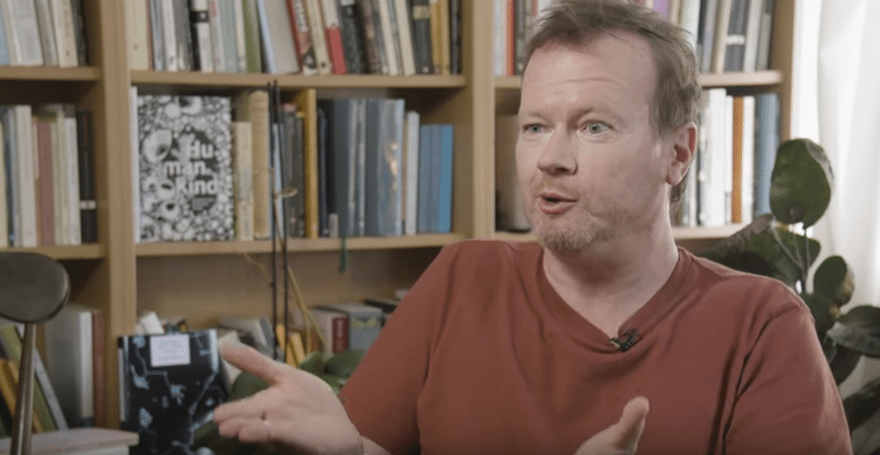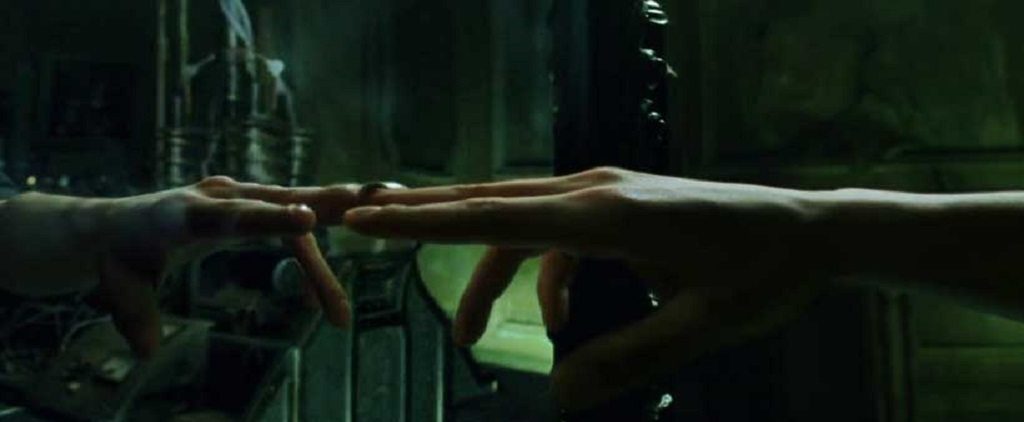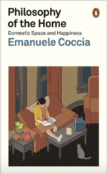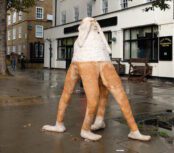[dropcap style=”font-size:100px;color:#992211;”]I[/dropcap]n issue 2 of Trebuchet we interviewed a leading philosopher (Tim Morton) who specialised in a new school of thought called Object Orientated Ontology, usually shortened to OOO. This philosophy is concerned with ‘hyper-objects, which are meta-objects that behave as manifest concepts. That is to say, they might have measurable tangible aspects, such as the Dutch East India Company, which can be realised by us (men, ships, the effect on local economies); however we cannot ever completely know the full circumference of these meta-objects, as they exist on meta-levels in scale, time and space.
When considering what aspects of sites of creative resistance we wanted to cover in this issue, it was difficult to ignore how ecological changes might affect us as physical humans. Overwhelming scientific evidence states that the continuing consistent existence of humans on the Earth is up for debate. However, contemporary society is constantly changing and society ambivalence towards it’s physical basis means that we can equally work to change or stay the same within changing circumstances. What we want from society might be consistent with a romantic
pastoral idyll or it could be a Blade Runner inspired hyper-technological cyber-state. Seemingly, one era’s agricultural serf-camp is another’s retro-tech paradise. There are two things that are due for review and they both related to the level of awareness we have regarding how we are interconnected with our environment. The first thing is an understanding of our ability to change our environments and secondly that we have the power to choose our future. On a general level what has got into our current ecological woes is that we’ve drifted with ease into a systemic ecological collapse. All that remains for us is to choose…
…and change. But how do we deal with these changes happening to us? Can we be in control of such huge changes, and can we trust in the choices we collectively make about our future? Isn’t that why we are where we are now? But without trust, paralysis. Timothy Morton is a writer and educator (Professor in English at Rice University, and leading exponent of OOO) whose work has emerged from academia into a wider realm.
“Putting something called Nature on a pedestal
and admiring it from afar does for the environment
what patriarchy does for the figure of Woman.
It is paradoxical act of sadistic admiration.,” Timothy Morton
Artists and thinkers like Bjork have found reflected in his work ideas that are similar to their own approach to art. The concept of hyperobjects is comforting in the sense that we feel that they are there but knowing that we cannot fully know them gives us a sense of circumscribed control. Which may well be dangerous in itself, potentially leading us into a sort of instinctive lethargy, where our gut feelings about the nature of things and fatalistic causality take precedence over actual investigation.

Tim Morton talking to Verso Books watch here.
In his work Morton is quick to point out that factual knowledge definitely has a place in discussions about ecology, however, ecology, as a hyperobject, or as a substance (as Spinoza might think of it) is made up of many intangible attributes. Talking with Trebuchet Morton answered whether the attributes of a thing control and/or free us, and what OOO brings to our ideas of ecology and resistance
‘Read the rest of this article in Trebuchet issue 3’
Featured Lead Image (still from ‘The Matrix’, YouTube screen Grab) ‘Neo touches the mirror…the mirror seems to melt and coat his flesh, and he raises his hand and regards it with fascinated horror’ Tim Morton

Some of the news that we find inspiring, diverting, wrong or so very right.




















